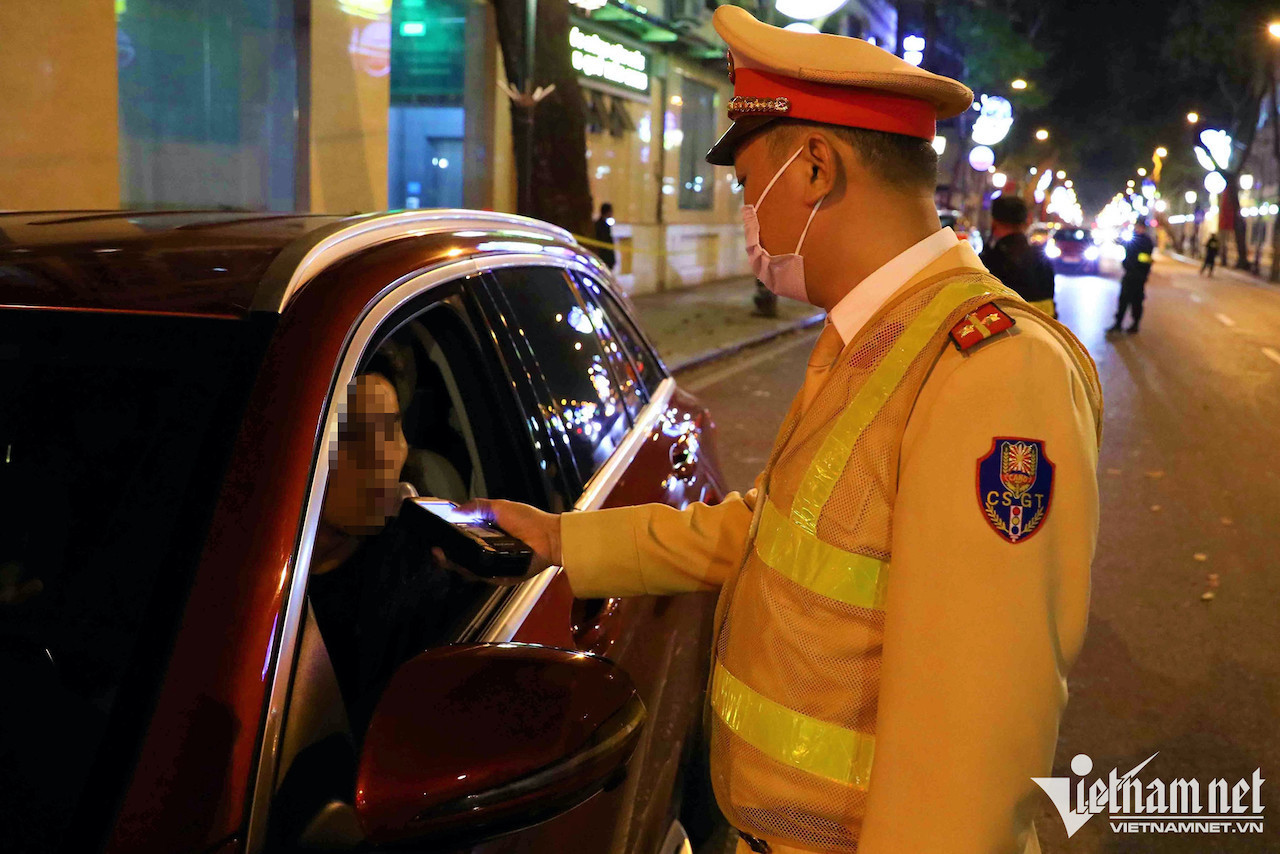Dr. Khuong Kim Tao, former Deputy Chief of the Office of the National Traffic Safety Committee, argues that raising the maximum fine for traffic violations to 200 million VND (approx. USD 7,800) is excessive given the income level of most Vietnamese citizens.

On the afternoon of May 16, the National Assembly held a group discussion on proposed amendments to the Law on Handling Administrative Violations.
Major General Nguyen Thi Xuan, a National Assembly member and Deputy Director of the Dak Lak Provincial Police, suggested that after 14 years of implementation, the current law still has shortcomings - particularly in terms of monetary penalties.
In the field of road traffic, the current maximum fine of 75 million VND (approx. USD 2,930) is seen as insufficient.
According to Ms. Xuan, intentional violations remain widespread, partly due to inadequate deterrents. She proposed increasing the maximum fine to between 150 and 200 million VND (USD 5,860 to 7,800).
However, her proposal sparked significant debate.
Speaking with VietNamNet, Dr. Khuong Kim Tao emphasized that Vietnam’s traffic situation, while unique, must still align with global norms. “Penalty systems should reflect national characteristics such as cultural behavior and economic scale,” he said.
He explained that many countries calibrate fines based on public income levels and the severity of violations. In Vietnam’s case, citizens’ traffic awareness has already improved, especially since Decree 168 came into effect.
“The public’s behavior has shifted significantly - particularly regarding alcohol use while driving. Traffic accidents during holidays have notably declined,” Dr. Tao said.
During the recent five-day holiday (April 30 to May 4), Vietnam recorded 268 traffic accidents, with 128 fatalities and 203 injuries. Compared to the same period in 2024, this represents 79 fewer accidents, 10 fewer deaths, and 82 fewer injuries.
Citing these figures, Dr. Tao questioned whether a further increase in fines is necessary. “The ultimate purpose of penalties is educational - to cultivate a culture of legal compliance. There must be a balance between punishment and guidance.”
According to Vietnam’s General Statistics Office, the average monthly income of Vietnamese workers in 2024 is 7.7 million VND (approx. USD 300). Fines of 200 million VND would be many times that amount, making them unrealistic and unaffordable for most people.
“A 200 million VND fine is disproportionately high. The current penalty levels are sufficient,” Dr. Tao concluded.
Nguyen Van Hai, a long-distance truck driver, echoed that view, saying that excessively high fines might force many drivers out of work.
“Some violations are deliberate - like reversing on expressways - but others are accidental, like entering the wrong lane. Drivers are human, not machines, and occasional lapses in focus are inevitable. If every error is punished harshly, it would be too oppressive,” he said.
Hai believes the existing fines already serve as a deterrent. Instead of harsher penalties, he called for improvements in infrastructure, wider roads, and better surveillance systems.
N. Huyen